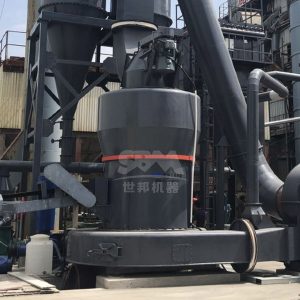
Introduction The production of high-quality ceramic glazes demands precise control over raw material particle size distribution, chemical composition, and processing parameters. Bauxite, as a key component in many glaze formulations, presents unique challenges due to its variable hardness, abrasive nature, and specific fineness requirements. Traditional grinding methods often fall short in achieving the consistent particle […]
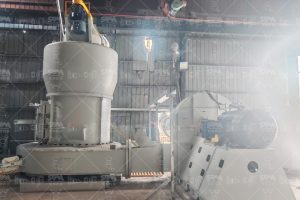
Introduction to Graphite Processing in Aerospace Applications The aerospace industry demands materials with exceptional properties to meet the rigorous requirements of modern aircraft and spacecraft components. Graphite, with its unique combination of thermal stability, electrical conductivity, and mechanical strength, has become an indispensable material in aerospace manufacturing. From thermal protection systems to electrical components and […]
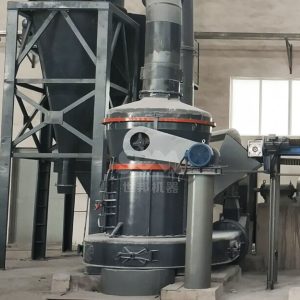
Introduction Precision casting, also known as investment casting, requires high-quality gypsum powder with specific particle size distribution and purity characteristics. The selection of an appropriate gypsum powder making machine is crucial for achieving the desired casting quality, dimensional accuracy, and surface finish. This comprehensive guide explores the key factors to consider when choosing gypsum processing […]
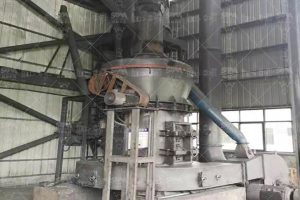
How Talc Roller Mills Improve Quality and Efficiency in Paper Manufacturing The paper manufacturing industry has undergone significant technological transformations over the past decades, with one of the most impactful being the optimization of filler materials and their processing. Among these materials, talc stands out as a crucial component that enhances paper quality while improving […]
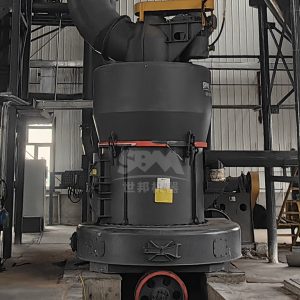
Introduction to Flue Gas Desulfurization (FGD) Systems Flue Gas Desulfurization (FGD) systems are critical environmental control technologies employed by power plants worldwide to reduce sulfur dioxide (SO₂) emissions from coal and oil combustion. Among various FGD technologies, wet limestone scrubbing remains the most widely adopted and effective method due to its high removal efficiency and […]
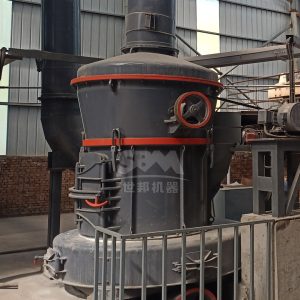
Introduction The rubber industry has witnessed significant advancements in material science and processing technologies, with barite (barium sulfate) emerging as a critical functional filler for high-performance rubber compounds. The effectiveness of barite in rubber applications is directly proportional to its particle size distribution and purity. Superfine grinding technology has revolutionized the way barite is processed, […]
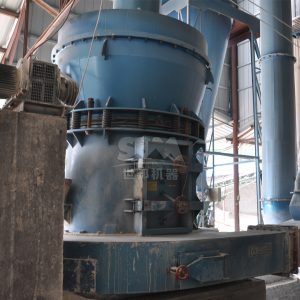
Introduction: The Critical Role of Calcite in Plastic Manufacturing The plastics industry continuously seeks innovative solutions to enhance product performance while reducing production costs. One of the most effective approaches involves the strategic use of mineral fillers, with calcite (calcium carbonate) standing out as a particularly valuable additive. When properly processed, calcite improves mechanical properties, […]
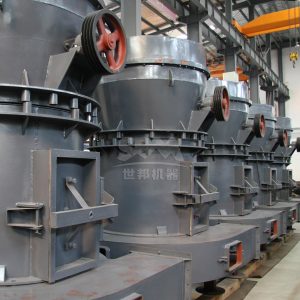
Introduction Feldspar, one of the most abundant minerals in the Earth’s crust, serves as a fundamental raw material in glass and enamel manufacturing industries. Its unique properties—including alumina content, fluxing characteristics, and chemical stability—make it indispensable for producing high-quality glass products and durable enamel coatings. The manufacturing process requires precise control over feldspar particle size […]
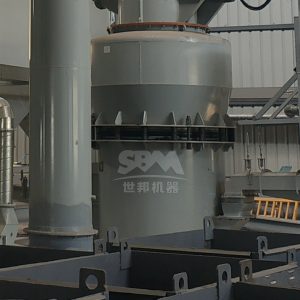
Introduction to Pharmaceutical-Grade Bentonite Bentonite clay, a naturally occurring aluminum phyllosilicate, has gained significant importance in the pharmaceutical industry due to its exceptional adsorption, swelling, and gelling properties. The production of pharmaceutical-grade bentonite requires precise control over particle size distribution, purity, and chemical stability. The grinding process plays a crucial role in determining the final […]